A Comprehensive Guide For Beginners To Take Care Of Chickens
Taking care of chickens is a rewarding and fulfilling experience that provides a sustainable source of eggs, meat, and even companionship. However, it's essential to comprehend the fundamentals of chicken care to guarantee the well-being and productivity of your flock. We will walk you through the necessary actions and considerations for giving your feathery companions the best care in this extensive guide.
Choosing the Right Breed and Flock Size
Before beginning your journey into chicken keeping, it's crucial to select the correct breed and ascertain the ideal flock size. Think about things like your climate, the amount of space you have, and whether you want to raise hens for eggs, meat, or both. Some breeds do well in colder climes, while others do better in hotter ones. Additionally, consider how many chickens your location can easily house.
Building an Effective Coop and Housing
For your chickens' safety and welfare, a well-designed chicken cage is essential. Ensure your coop is well-ventilated to maintain fresh air circulation and minimize moisture buildup. It should also be predator-proof, featuring sturdy fencing, secure latches, and wire mesh with small gaps to prevent entry by predators. In layer chicken battery cage design, one box for every four to five hens is provided, some may have nesting boxes for egg-laying. Perches should be provided for roosting, with approximately eight inches of perch space per chicken. Maintain cleanliness by regularly cleaning the coop and replacing bedding material.
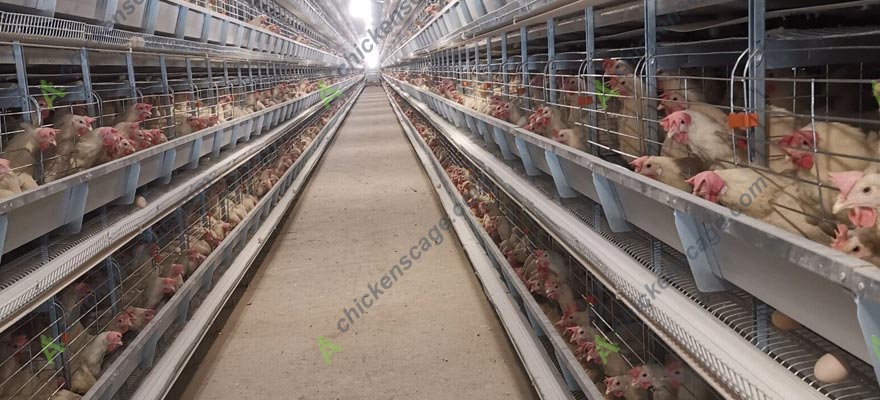
Designing or purchasing a well-ventilated and predator-proof coop
The coop is the primary shelter for your chickens, so it's crucial to ensure it provides a safe and comfortable environment. When designing or purchasing a coop, prioritize proper ventilation to allow for fresh air circulation and prevent moisture buildup, which can lead to respiratory issues. Incorporate windows or vents covered with mesh to facilitate airflow while keeping predators out.
Nesting boxes, perches, and bedding essentials
Chickens need designated nesting boxes to lay their eggs comfortably. Provide one nesting box for every four to five hens, ensuring they are dark and secluded to create a suitable environment for egg-laying. Use soft bedding material such as straw, wood shavings, or shredded paper inside the nesting boxes to cushion the eggs and maintain cleanliness. In addition to nesting boxes, chickens require perches for roosting. Install sturdy perches at varying heights, allowing approximately eight inches of perch space per chicken. Rounded or flat perches of appropriate thickness (about 2-3 inches in diameter) are more comfortable for their feet. Provide enough space between perches to prevent overcrowding.
To maintain cleanliness and hygiene in the coop, regularly clean out soiled bedding and droppings. This not only prevents unpleasant odors but also reduces the risk of bacterial and parasite infestations. Replace the bedding with fresh material to ensure a clean and comfortable environment for your chickens.
Coop maintenance and cleanliness practices
Maintaining a clean and well-maintained coop is crucial for the health and well-being of your chickens. Regularly inspect the coop for any signs of damage or wear and tear, such as loose boards or gaps that could allow predators to enter. Repair or replace any damaged areas promptly to ensure the security of your flock.
Establish a cleaning routine to keep the coop sanitary. Remove soiled bedding, droppings, and any leftover food regularly. Deep cleaning should be done periodically, typically every few months, where you thoroughly clean and disinfect the coop to eliminate bacteria and pests.
Consider using natural or organic cleaning solutions when disinfecting the coop to avoid exposing chickens to harmful chemicals. Vinegar, hydrogen peroxide, or commercial poultry-safe disinfectants can be effective options.
By providing a well-designed, predator-proof coop and practicing regular maintenance and cleanliness, you create a safe and comfortable environment for your chickens to thrive.
Remember to continually monitor and address any issues that arise with the coop promptly. Your chickens' health and safety depend on a secure and well-maintained living space.
Feeding and Nutrition
Proper nutrition is key to maintaining healthy and productive chickens. Select a commercial chicken feed formulated for the specific life stage and purpose of your flock, such as starter, grower, or layer feed. Additionally, supplement their diet with kitchen scraps, fresh fruits, vegetables, and occasional treats like mealworms. However, be cautious about feeding them toxic or spoiled food. Fresh, pure water needs to be accessible at all times. Use a waterer that is intended to guard against contamination and spills.
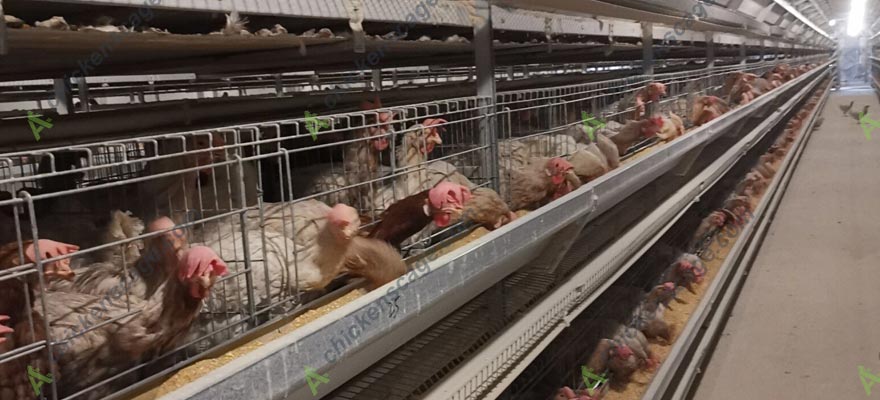
Choosing the best commercial chicken feed
Pick a premium commercial chicken feed designed for your birds' life stage and intended use. Different feeds are available for chicks, growers, layers, and meat birds. These feeds are formulated with the appropriate balance of protein, carbohydrates, fats, vitamins, and minerals to meet the specific nutritional needs of each stage.
Ensure that the feed you choose is fresh and free from any signs of mold or pests. Store the feed in a cool, dry place to maintain its quality.
Supplementing their diet
While commercial feed forms the foundation of their diet, you can supplement it with a variety of foods to provide additional nutrition and keep your chickens healthy and satisfied. Consider the following options:
Kitchen scraps: Offer vegetable and fruit scraps, such as carrot peels, leafy greens, and apple cores. Avoid giving them foods that are toxic to chickens, such as chocolate, caffeine, avocado, or raw onions.
Fresh fruits and vegetables: Treat your chickens to fresh fruits like watermelon or berries, and vegetables like lettuce or cucumbers. These provide essential vitamins and minerals.
Occasional treats: Mealworms, dried insects, or grains like corn or oats can be given as occasional treats. These treats are rich in protein and can be used as rewards or for training purposes.
Water availability
Chickens need access to clean and fresh water at all times. Provide water in a sturdy, spill-proof container that cannot be easily tipped over. Check the waterers frequently to make sure they are in good operating order and clear of any debris or algae buildup. Use heated water in cold weather to keep the water from freezing.
Water consumption might rise in warmer weather or while chickens are laying eggs, so keep an eye on the water levels and top them out as necessary.
Supplemental calcium and grit
Chickens' gizzards aid in the grinding and digestion of their meal. Providing insoluble grit, such as small stones or commercial grit, helps their digestion by aiding in grinding and breaking down food in the gizzard.
Calcium is vital for eggshell production in laying hens. Offer a supplemental source of calcium, such as crushed oyster shells or calcium-rich feed, to support proper eggshell formation.
Feed management
Keep an eye on your hens' eating patterns and modify the feed amount as necessary. Avoid overeating since it might cause obesity and other health problems. However, inadequate feeding can lead to malnutrition and decreased output.
Make sure the feeders are kept clean and working correctly by checking them frequently. Avoid letting moisture accumulate in the feeders since it might encourage the spread of mold or bugs.
You may promote the health and vigor of your flock by giving it a well-balanced feed, the right supplements, and continual access to clean water. Keep a close eye on their weight, health, and egg production to change their food as needed. Consulting with a poultry nutritionist or veterinarian can provide further guidance based on the specific needs of your flock.
Exercise and Free-range Time
Chickens benefit from exercise and free-range time, allowing them to forage and engage in natural behaviors. If possible, provide a secure and predator-proof area for them to roam during the day. This area should be fenced to prevent them from wandering off and to protect them from predators. Regular access to outdoor space allows chickens to find insects, seeds, and grass, which can enhance their overall health and well-being.
Health Care and Disease Prevention
Regularly monitor your chickens for signs of illness or injury. Changes in behavior, abnormal droppings, or reduced egg production can indicate health issues. Establish a relationship with a local veterinarian who specializes in poultry to seek advice or treatment when necessary. Vaccinations are crucial for protecting your flock against common diseases prevalent in your area. Additionally, maintain cleanliness in the coop and surrounding areas to prevent parasite infestations, and administer appropriate treatments as needed.
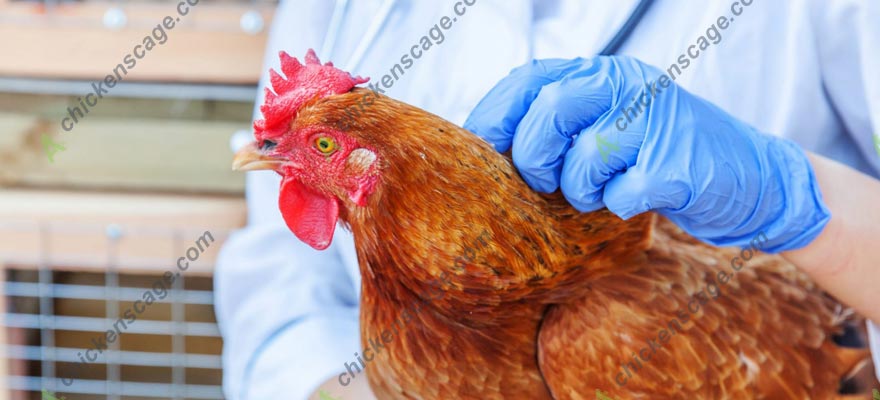
Proper Egg Collection and Handling
Collect eggs daily to ensure their freshness and prevent them from becoming dirty or broken. Store eggs in a cool and dry place, preferably at room temperature, with the pointed end down to maintain their quality. Before consuming, gently clean eggs with a soft cloth or brush if needed, but avoid washing them unless necessary, as it removes the natural protective coating.
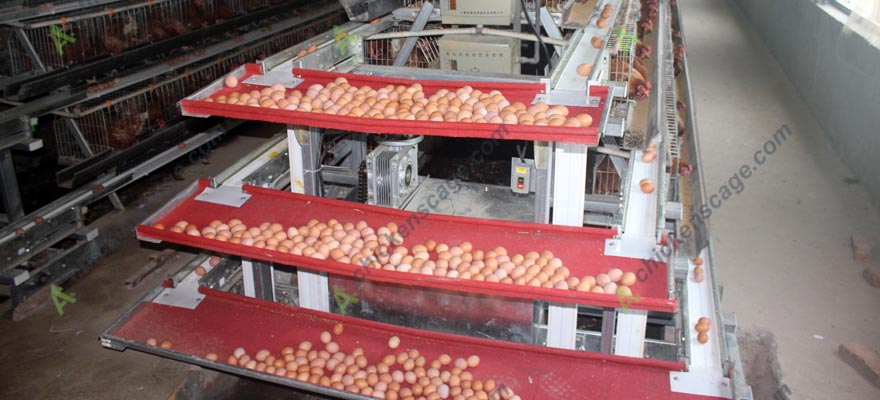
Social Interaction and Enrichment
Spending time with your chickens and handling them gently helps them become accustomed to human contact. This also allows you to check for any signs of illness or injury. Provide enrichment activities, such as hanging treats or offering toys, to prevent boredom and promote natural behaviors.
Additional Considerations
Consider factors such as breed-specific considerations based on climate and temperament. Implement predator protection measures for the coop and free-range area, including sturdy fencing, secure latches, and covering windows and vents with hardware cloth. Address any noise concerns by being mindful of your neighbors and local regulations regarding noise restrictions. Additionally, proper coop maintenance and waste management can help control odors associated with chicken keeping. Finally, make sure to understand and comply with local permits and regulations regarding chicken-keeping, including zoning laws and restrictions on flock size or types of chickens allowed.
Conclusion
Taking care of chickens requires attention to various aspects, including breed selection, proper housing, nutrition, healthcare, and social interaction. By following the guidelines outlined in this comprehensive guide, beginners can establish a solid foundation for successful chicken care. Remember, every chicken is unique, and it's important to observe and respond to their individual needs. Continue learning and seeking advice from experienced chicken keepers, local experts, and reliable resources to enhance your knowledge and ensure the well-being of your flock. With proper care and attention, you'll enjoy the rewards of a thriving and happy chicken flock.

 A 5-tier H type layer cage system installed in West Africa
A 5-tier H type layer cage system installed in West Africa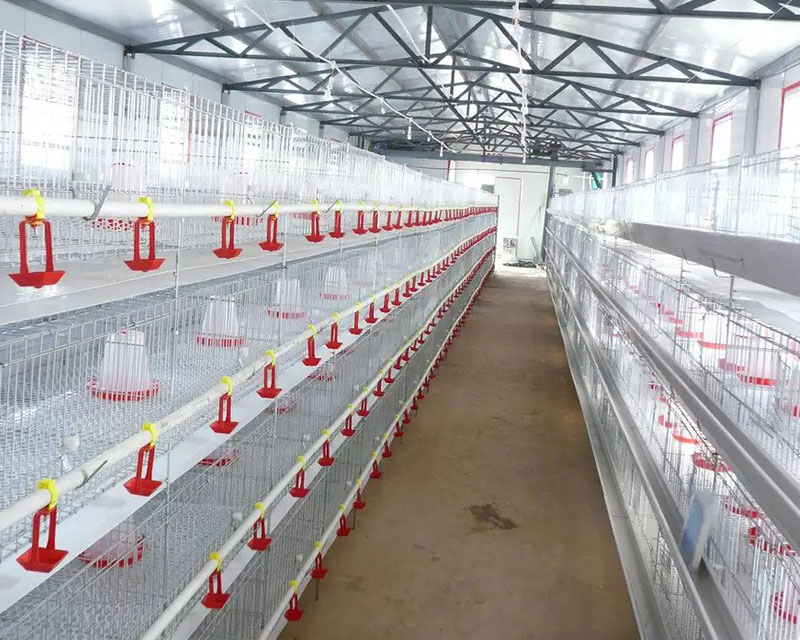 4 Tier H Type Broiler Cage Project In South Africa
4 Tier H Type Broiler Cage Project In South Africa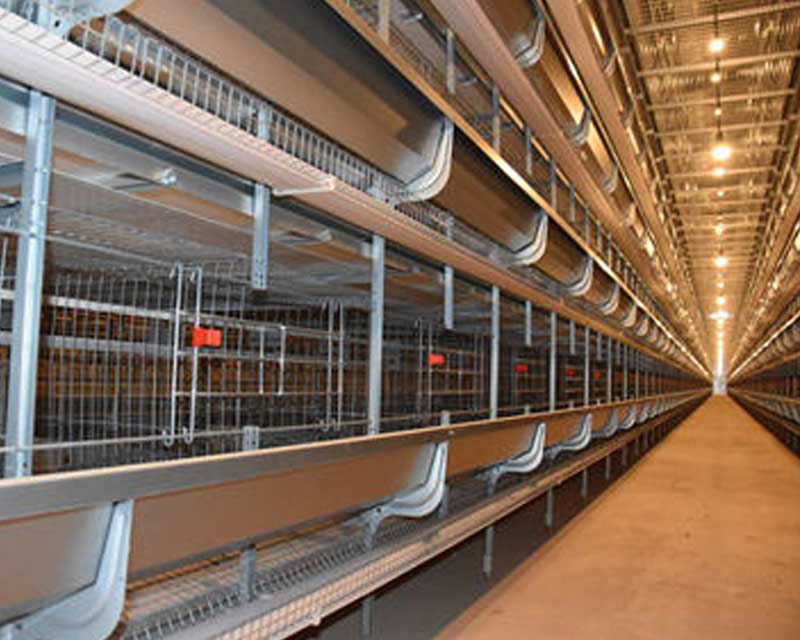 Layer Cage Project In Cuba
Layer Cage Project In Cuba H Type Layer Cage Project In Southeast Asia
H Type Layer Cage Project In Southeast Asia A Type Layer Cage Installed In West Africa
A Type Layer Cage Installed In West Africa Nigeria H Type Layer Cage Project
Nigeria H Type Layer Cage Project